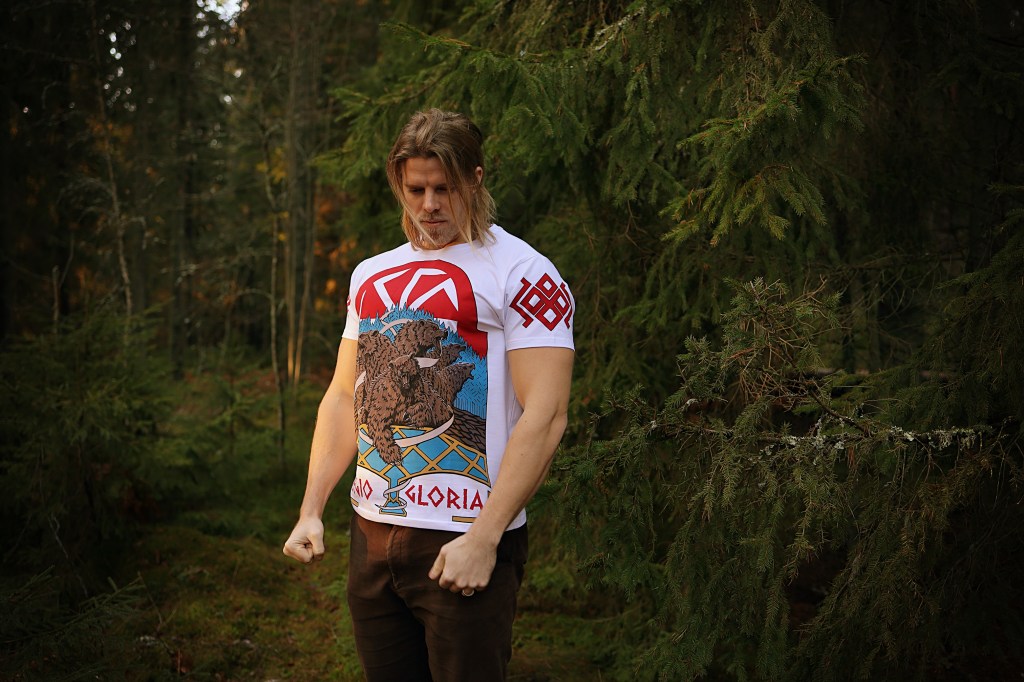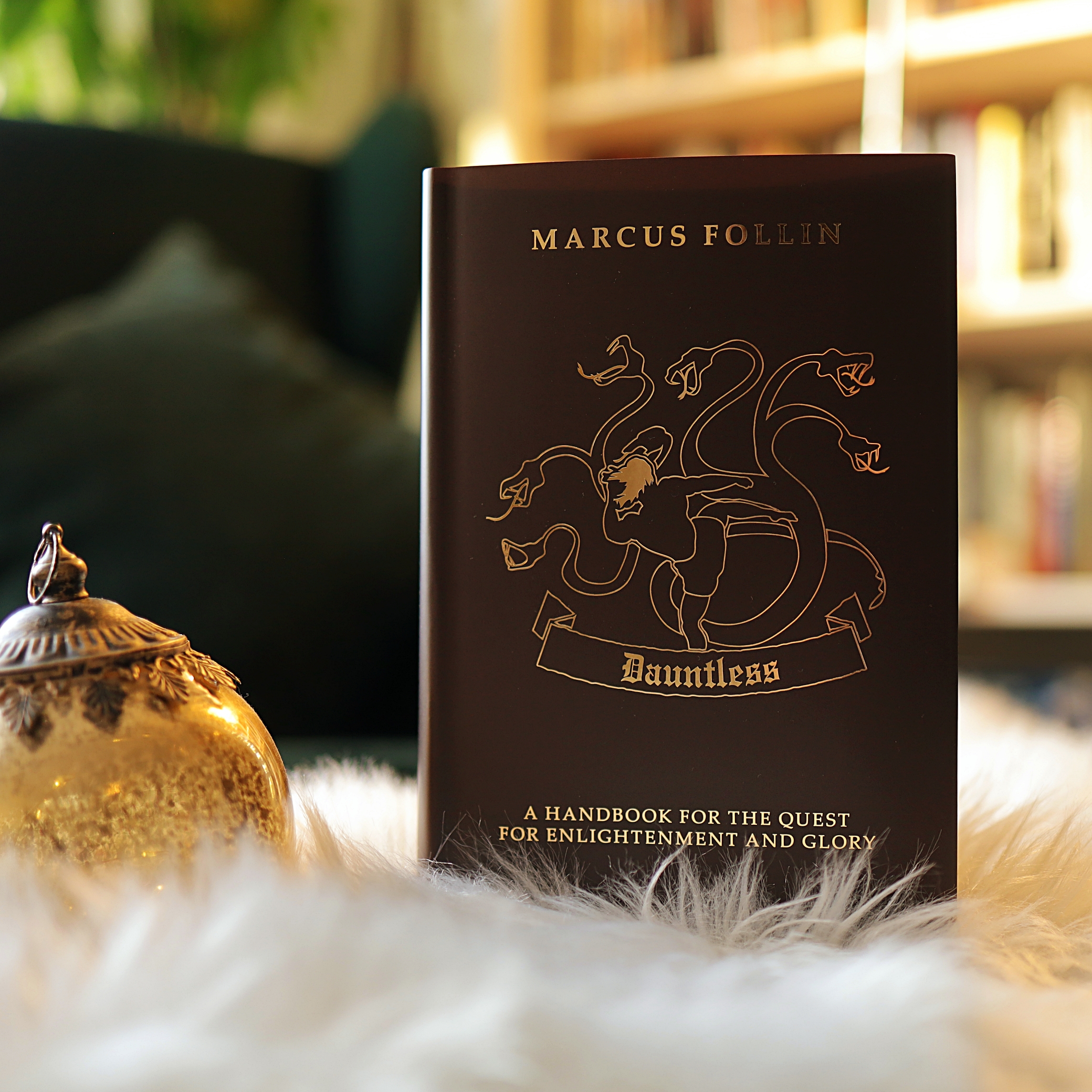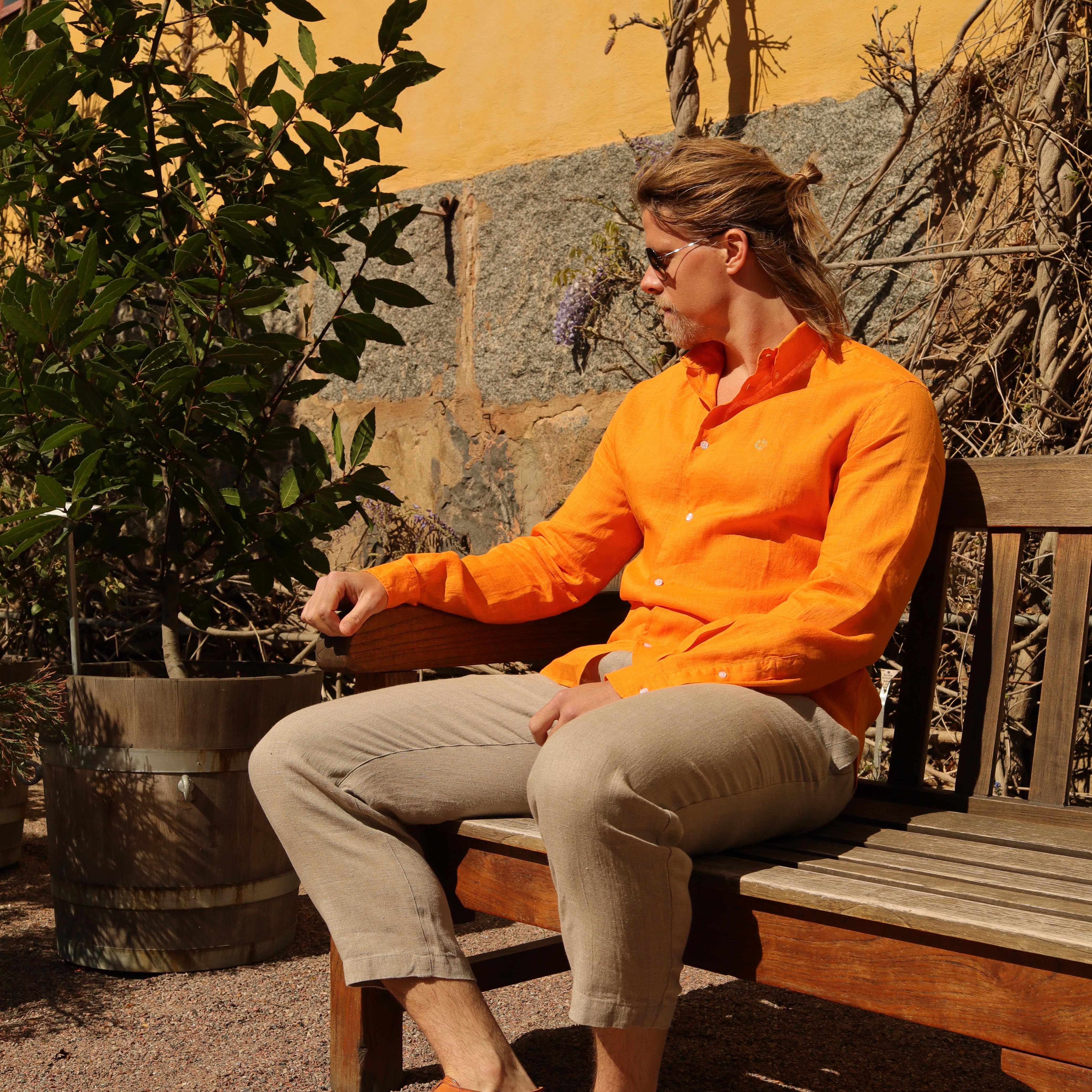Julius Evola and the UR Group – Introduction to Magic: Volume II & III

I have read Introduction to Magic: Volume II – The Path of Initiatic Wisdom and Introduction to Magic: Volume III – Realizations of the Absolute Individual by Julius Evola and his companions of the UR Group. If you have not already read my review of the first volume, you can do so here: Julius Evola and the UR Group – Introduction to Magic: Volume 1. Also, if you are curious about the term ‘magic’, I elaborate on how I use it in this video: What Do I Mean By ‘Magic’?
At over 400 pages each, these two volumes contain many more interesting insights than shared here. These are just a few that I found particularly interesting.
Attempts to Influence Mussolini
As already mentioned in the previous book review (link above), the UR Group was active during the Interwar period. In the foreword to the second volume, it is mentioned that rites were done to influence Mussolini in a Roman Pagan direction. However, due to realpolitikal reasons, Mussolini sought an alliance with the Catholic Church (as was common for many Fascist parties throughout Europe at the time).
A woman who had participated in these rites prophesised to Mussolini in 1919 that he would become Consul. Consul was the highest political position in the Roman Republic (509 to 27 BC) – two Consuls were elected per term. In 1923, when Mussolini was the head of government, the woman approached him again and gave him a lictor’s bundle of rods with an antique Etruscan ax.
One of the members of the Ur Group, Dr Arturi Reghini, who had a strong desire to influence Fascism in a Pagan direction, expressed these views in his publications. Perhaps disappointed by the lack of progress done in this regard, he shared his opinions in an aggressive manner. Mussolini (under a pseudonym) actually responded to the criticism, which means that he felt strongly about the topic (since the publication only reached a niche audience; it was not a matter of a major newspaper criticising him).
After the war, Evola responded to accusations of being a Fascist by stating that he was a superfascista (meaning that he was beyond Fascism). Evola writes more about this in his book A Traditionalist Confronts Fascism, which I have read and can recommend for those interested in the views of Evola. I also refer to Evola in Dauntless in a chapter discussing racial materialism. Moreover, I composed a few thoughts on Evola in this article: A Few Notes on Julius Evola – Metaphysics of Power.

Evola and the Theosophists
In several essays, Evola makes critical comments about various other spiritual movements. He often comes with scathing remarks about the Theosophists, whose movement was cofounded by a Russian woman whose name may be familiar to some – Madam Blavatsky. Below are two quotes that illustrate quite well Evola’s attitude towards them.
‘Seen from the outside it is a blatant absurdity that shows the mental level of today’s spiritualist currents, especially the Theosophical ones. While they pretend to be proclaiming and revaluing the teachings of the ancient Wisdom, they indulge in democratic and humanitarian views, professing the gospel of more or less universal equality.’
Julius Evola – Introduction to Magic Volume III: Aristocracy and the Initiatic Ideal
‘Keeping in mind that esoteric science is simultaneously a regal and priestly art, Éliphas Lévi asks with good reason of anyone wanting to approach it: Do you feel a kingly nature within yourself? A priestly one? Such a question is not meant to demoralise, but indicates that one must at least have clear ideas about a basic human qualification. This is especially true in our time, when the type of the adept is lumped together with the often suspect type of the “occultist,” and of creatures like mediums, spiritualists, sensitives, and diviners who do not even attain the level of a sane and normal man. A certain natural aristocratic qualification, as the mark of a human type that is not just normal but superior, is the general premise for any participation in an initiatic order, which for that reason was restricted to an elite, and always will be.’
Julius Evola – Introduction to Magic Volume III: Aristocracy and the Initiatic Ideal

Evola vs Guénon – Spiritual Authority and Temporal Powers
Perhaps the two most famous writers on Tradition are René Guénon and Julius Evola. Although Evola had great respect for Guénon, he also disagreed with some of his teachings. In an essay signed by Ea (i.e. Evola) titled ‘Spiritual Authority and Temporal Power‘, Evola takes issue with Guénon’s statement that spiritual authority is tied to ‘knowledge’ and ‘contemplation’*, and to the priestly caste – whereas temporal power is tied to ‘action’ and the warrior or regal caste. *The citation marks around those words appear in the essay.
Evola, in response to this, points out that the kings and (later) emperors of Rome simultaneously held the title Pontifex (the highest spiritual authority). And Rome, as we all know, was a society that valued martial virtues – thus, in their case the spiritual path was the path of action.
Evola also points to the Eleusinian Mysteries, which conferred a higher dignity on the king than priests or sages. Similarly, the Cult of Mithras (which I have mentioned before) was an initiatic brotherhood mainly popular with military men.
In other books, Evola discusses the conflict between the Guelphs and Ghibellines during the Middle Ages. The Guelphs supported the Pope, and the Ghibellines supported the Holy Roman Emperor. We will return to both the Eleusinian Mysteries and the Guelphs vs Ghibelline conflict in coming articles, videos, and Podcast episodes.

Evola vs Jung
In one essay, Evola expresses his views on Carl Gustav Jung. I must confess that I found the following passage hilarious:
‘And in fact Jung has not understood anything, and has been handling things with which he should never have concerned himself.’
Julius Evola – Introduction to Magic Volume III: Esotericism, the Unconscious, Psychoanalysis
More scathing criticism from the Baron! I asked my friend John Morgan, an authority on matters of Tradition, about Evola’s views on Jung, and he responded thus:
‘He rejected psychology as a modern, scientifically-based movement, first of all. But additionally, he rejected Jung since he attributed the gods and the myths to being archetypes of human consciousness, rather than something that exists outside of and superior to human consciousness — i.e., being real in their own right.’
On a personal level, I have not read enough of Jung to make a statement.
Right-Hand and Left-Hand Path
These two concepts can be summarised as being the dichotomy between white magic (benevolent) and black magic (malicious). The concepts of Right-Hand and Left-Hand paths appear in numerous spiritual contexts. In the essay Magical Perspectives, According to Aleister Crowley, Evola actually gives credit to Crowley. He says that the Satanic aspect of Crowley’s work was mainly a front and that Crowley was an accomplished spiritual master – who was ‘extraordinarily qualified’ to follow the Left-Hand Path. This is high praise coming from Evola!
I do, of course, follow the Right-Hand Path.

Ex Oriente Lux
In this essay, Evola takes issue with the notion that the ancient spiritual traditions that so fascinate Westerners come from the East. In the same essay, he also mentions the Dorian component of Hellenic civilisation.
‘The light that shines from Hindu or Persian civilisation did not originate in the Orient, because those civilisations were created by races that came from the West and the North in a distant prehistoric epoch.’
Julius Evola – Introduction to Magic Volume II: Ex Oriente Lux
‘The light of authentically Greek civilisation, namely that which it owes to the Dorians and Achaeans, descended from the North.’
Julius Evola – Introduction to Magic Volume II: Ex Oriente Lux
Any talk of Aryans is, as you may know, controversial in this age. However, that does not mean that we should not talk about them. In fact, it is useful to highlight this fact, especially since it helps us understand why many of us (myself included) have a certain affinity for both India and Persia. For more about India, read this article: The Agni and The Ecstasy by Steven J. Rosen.
For more information about the Aryan invasion of India, watch this video: Aryan Invasion of India: Myth or Reality? For more information about the genetic composition of ancient Greece, watch this video: JIVE TALK: Ancient DNA news: Greece and Italy.

Experiences Among the Arabs
In this essay, signed by Gallus, the author describes his experiences in North Africa, where he was stationed at a government post when Libya and Tripolitania were in Italian possession. The author notes that he was always interested in the esoteric and was drawn to the Arab world for its mysteries.
This essay evokes a certain sense of nostalgia. A nostalgia for the Arab world as it used to be in Western imagination. The Arab world of One Thousand and One Nights. The Arab world of mystics and beautiful architecture.
On a personal note, I would have liked to see more of these diary-like essays. This is something I will keep in mind for coming books of my own – giving a personal touch to the topic you are analysing. Putting teachings in a context undoubtedly make them both more interesting and accessible for the reader.
Related to this, the aforementioned René Guénon actually converted to Islam. We will return to the teachings of Guénon in coming articles.

Corrosive Waters
A reoccurring topic that is discussed in several essays, in all three volumes, is that of corrosive waters. ‘Regular’ waters can be said to be the non-harmful way of reaching spiritual insights. Corrosive waters entail the use of otherwise harmful substances (various drugs including alcohol) to reach spiritual insights. The authors caution against the use of these, but mention that they can be useful in some circumstances.
This reminds me of the use of steroids when it comes to gym training. The better and safer way to put on muscle is without corrosive waters (in this case steroids), but in some cases exogenous testosterone can be useful. What must always be emphasised, however, is that steroid use before the age of 23 is strictly prohibited, as it may damage your physical development. Testosterone replacement therapy for older men may be a good way to optimal health. On a personal note, I have never taken any such substances; if I ever do, it will be when or if my natural testosterone levels decrease by a significant amount. I elaborate more on this in Dauntless.

Conclusion
As with the first volume, I can recommend these two volumes for those interested in spiritual traditions and esoteric matters.
Lastly, if you have not already done so, I recommend you listen to Podcast Episode 18. The Divine Blessing (which deals with magic and spirituality).














You must be logged in to post a comment.